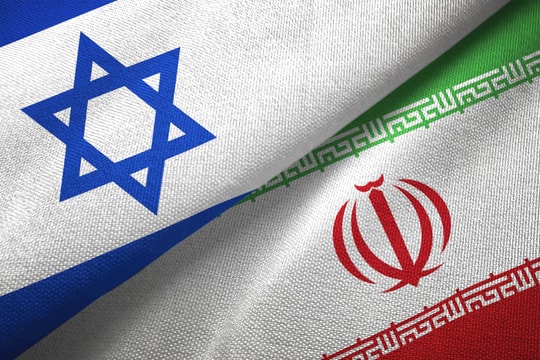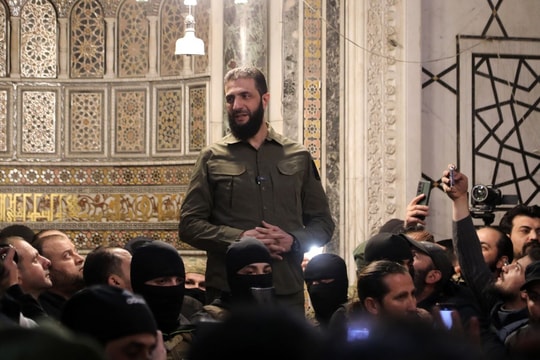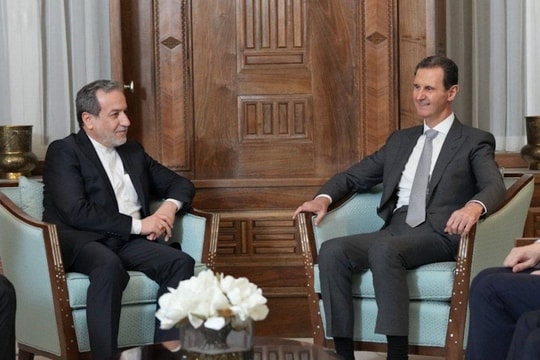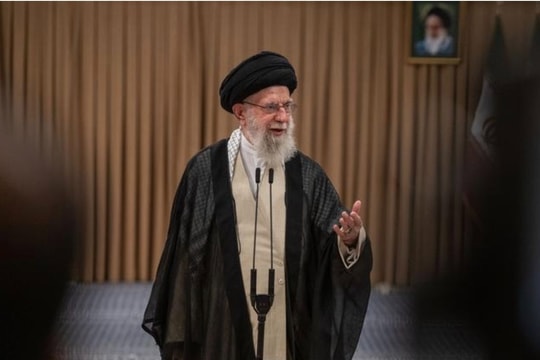Iran says there is no reason to negotiate with the US
Iran's foreign minister said it was difficult to restore trust between Tehran and Washington.
.png)
According to TASS on February 1, Iranian Foreign Minister Abbas Araghchi stated that the Iranian leadership sees no reason to start direct negotiations with the administration of US President Donald Trump. According to Mr. Araghchi, lifting the freeze on Iranian assets could be the first step in restoring trust between Tehran and Washington.
"For negotiations to take place, there needs to be a reason. Right now, I don't see any reason for that. But of course, we need to see what policy the US will pursue, whether there is a basis for dialogue or not," Araghchi said in an interview with Al Jazeera, responding to a question about Tehran's readiness to negotiate directly with the Trump administration.
“In the past, we had direct negotiations with the United States, we had constant contacts with them, we were able to conclude a nuclear deal. The US administration decided to withdraw from the deal, and trust is declining. I am not saying that it is impossible to restore trust, but it is very difficult,” Mr. Araghchi added.
Iran's foreign minister said the parties were "mired in distrust", noting that "unlocking Iranian assets" frozen by the US in various jurisdictions could be the first step "to restore trust".
"I cannot say that one or two steps will restore trust, because our relationship has gone through a difficult journey. I think the US understands better than anyone what needs to be done to achieve this," Mr. Araghchi said.
According to Iran's Foreign Minister, if the talks on Iran's nuclear program are successful, the parties will be able to start discussing other issues, including Syria and Lebanon.
"Previously, when we were negotiating with the US, the EU, China and Russia, we decided that the negotiations would be limited to the nuclear file. Past experience has been successful, during the negotiations we told the US, Europe and the international community that if the negotiations on the nuclear file are successful, then we will be able to start a positive dialogue on other issues," Mr. Araghchi said.
The Joint Comprehensive Plan of Action was signed by the five permanent members of the United Nations Security Council and Germany with Iran in 2015 to resolve the crisis over its nuclear program. In 2018, then-US President Donald Trump withdrew from the deal and reimposed all sanctions against Iran that had been lifted under the terms of the JCPOA.
Since April 2021, Russia, China, the United States, the United Kingdom, Germany and France have been negotiating with Iran to restore the deal that ended without results in 2022.

.jpg)




